News & Stories
See the latest news about CMT drug development and read stories from the CMT community that highlight why we must deliver treatments and cures during our lifetime.
CMT Research Foundation To Host First Global Research Convention
Several Hundred Charcot-Marie-Tooth* World Leaders Gather to Accelerate Collaboration and Advancements in Research; Pharma Partner DTx to Review Significant Progress in Drug Delivery Gene Therapy Innovator and Pioneer Dr. James M. Wilson to Keynote ATLANTA (June...
Understanding Neurons and the Myelin Sheath in Charcot-Marie-Tooth Disease
By Keith Fargo, Ph.D., Chief Scientific Officer, CMT Research Foundation Charcot-Marie-Tooth disease, or CMT, is a disease in which the peripheral nerves that branch out from the brain and spinal cord to other parts of the body, like our hands and feet, don’t work...

Be the Change We Wish to See: Join the Spring CMT Research Challenge
Tired of living with a disease that has no treatments and cures, Chelsea Layton and her fellow CMT Research Foundation volunteer ambassadors created the Spring CMT Research Challenge to rally the CMT community to help speed drug development and answers. Learn more and join the challenge.
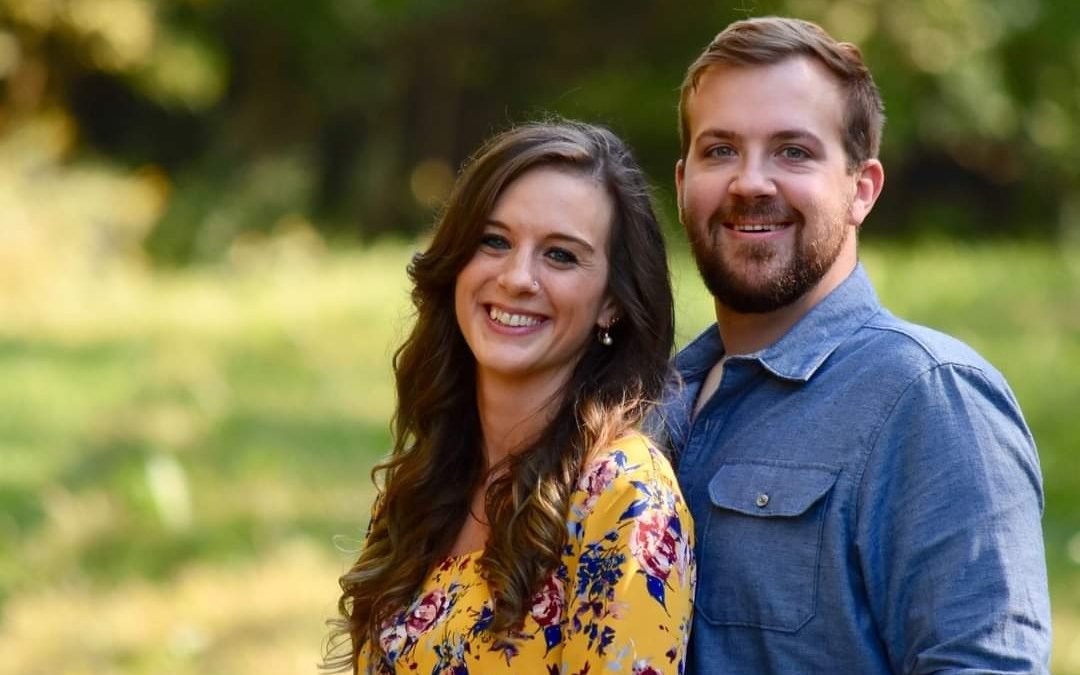
7 Ideas for Personal Fundraising Success
CMT patient Chelsea Layton shares her tips and ideas for starting a personal fundraiser.
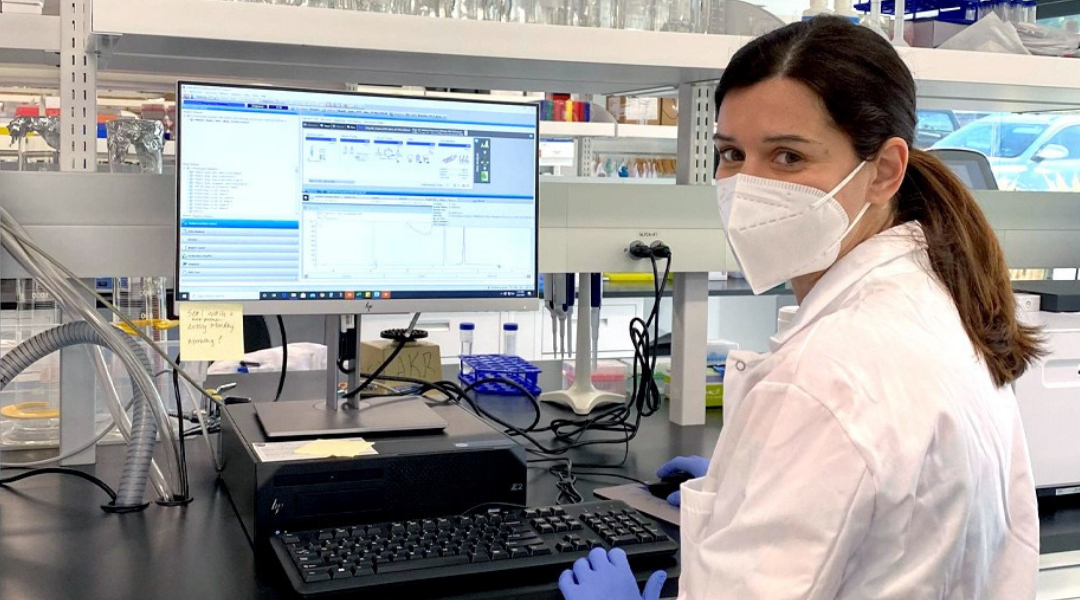
Turning $128,000 into Millions to Deliver a Treatment for CMT
If you’ve ever been frustrated by the slow pace of research progress or questioned how a single donation makes a difference, the collaboration between the CMT Research Foundation and DTx Pharma proves that one simple action, one bold move and one donation is all it...
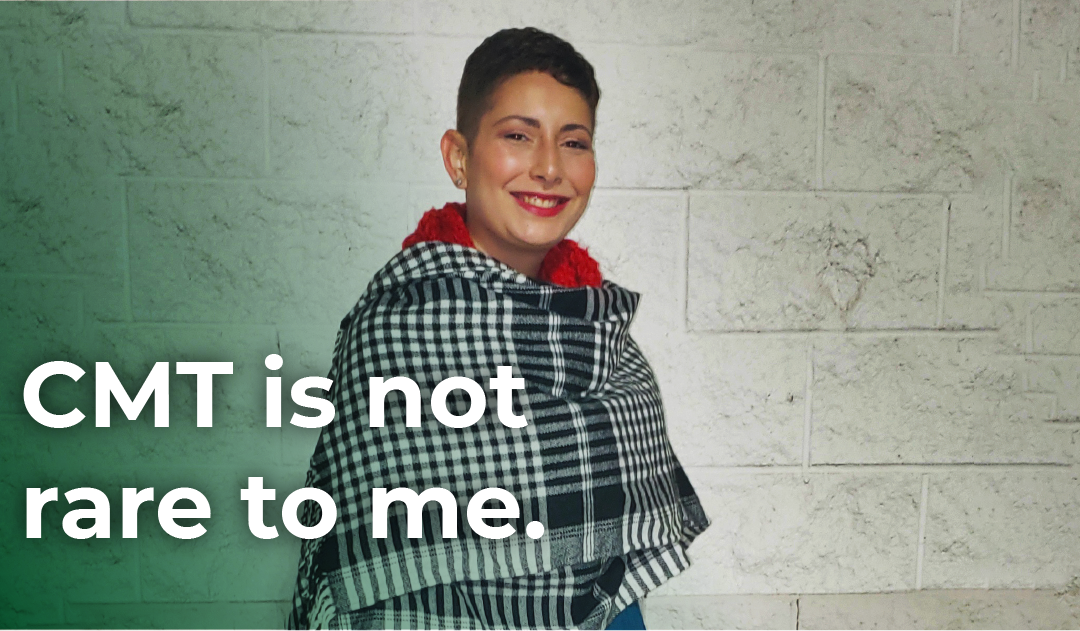
Living in Pain Every Day is Not Rare to Me
The day after my 29th birthday, I received confirmation that the intense pain I’d been experiencing all my life was most certainly not in my head. It was Charcot-Marie-Tooth 1X. During the first year after my diagnosis, I fell into a deep depression. My family had a hard time accepting this diagnosis. Telling my story has changed my life, and I’m determined to change the future. Read more.
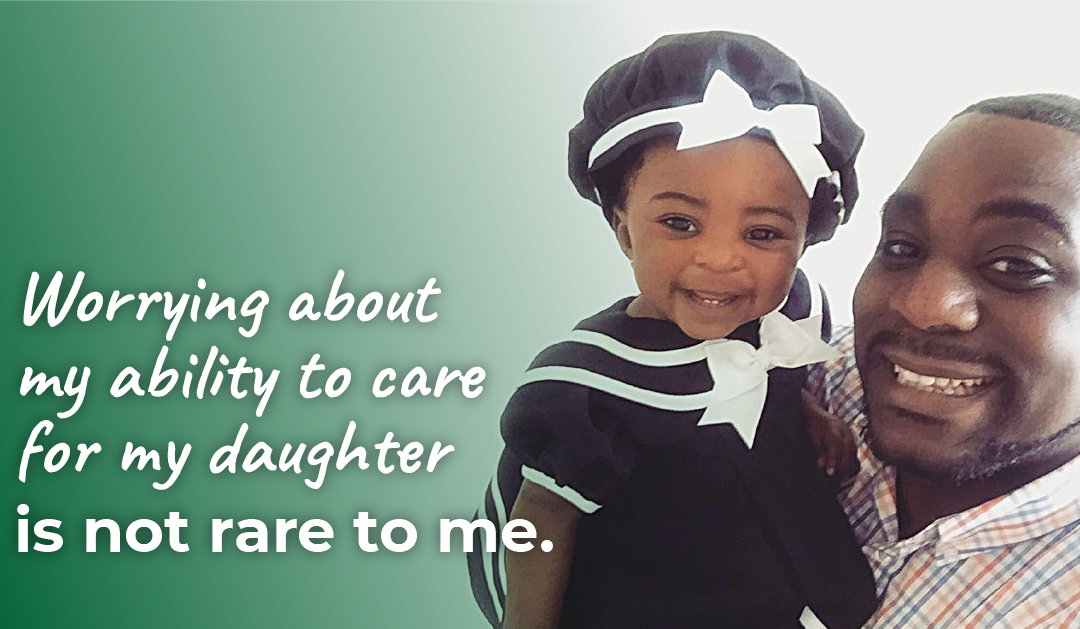
Worrying About My Daughter’s Future is Not Rare to Me
CMT may be a rare disease, but it is anything but rare to me. The most challenging part of living with CMT is the emotional toll it takes. I often think about the significant moments of my life that are yet to come: Will I be able to take my daughter to a father-daughter dance? Will I still be able to walk her down the aisle when she gets married? Read more.
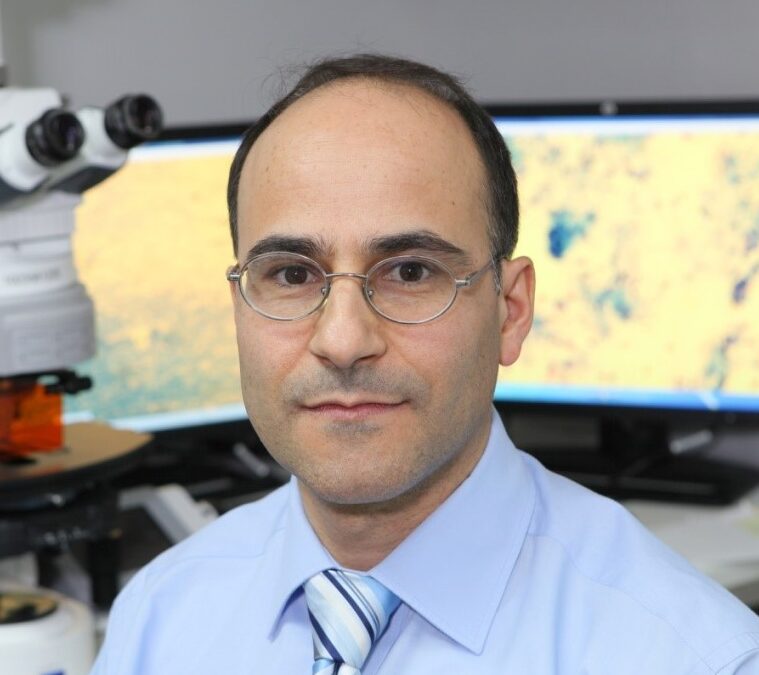
Additional Funding Announced for Promising Gene Silencing Approach to Treat CMT1A
After demonstrating tremendous progress, the CMT Research Foundation’s Scientific Advisory Board has decided to extend funding for a research project led by Dr. Kleopas Kleopa for six more months. If successful, this project could lead to the first genetic therapy for CMT1A. Read more.
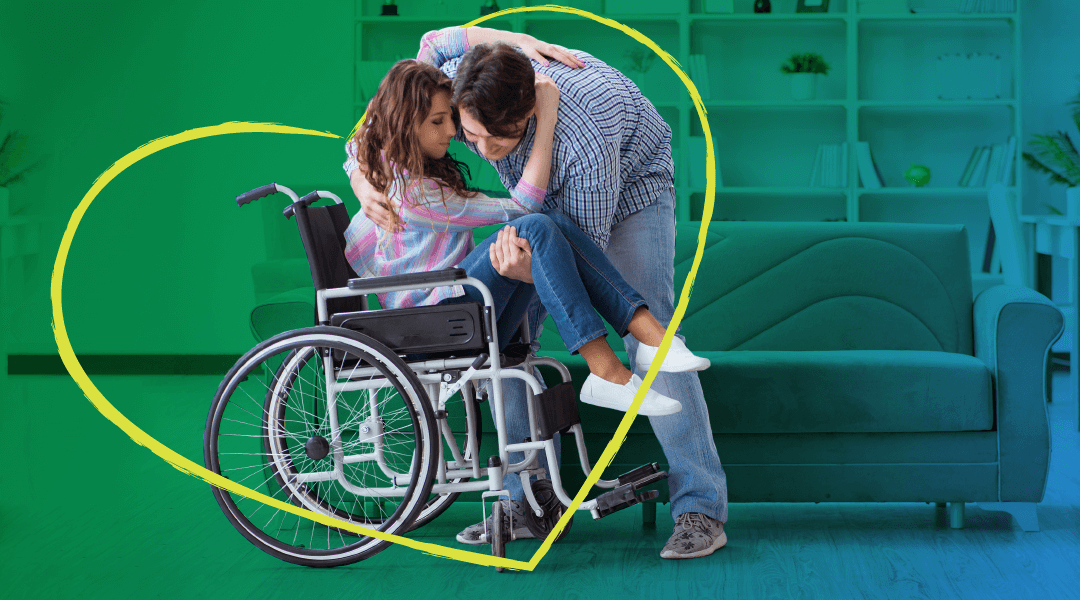
Caring for Someone with CMT: 3 Tips for CMT Caregivers
With no treatments or cures currently available for people with Charcot-Marie-Tooth disease, caring for someone with CMT may feel daunting. As a dad of a daughter with CMT and a friend to many with the disease, I know first-hand how physically and mentally challenging living with the disease can be. Here are three ways to help someone with Charcot-Marie-Tooth and be a supportive CMT caregiver.
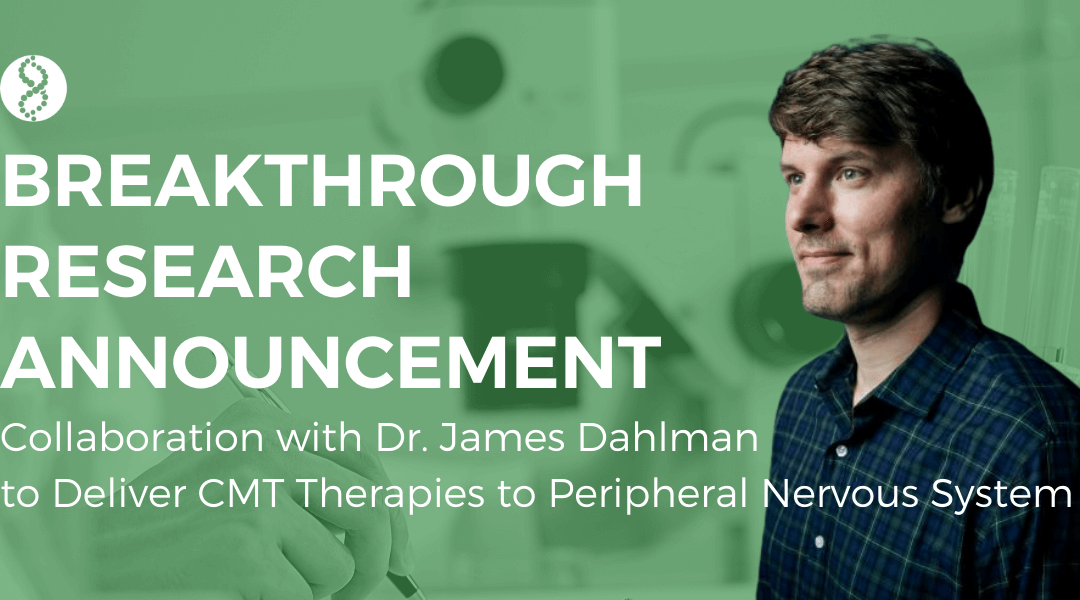
CMT Research Foundation Launches Groundbreaking Research to Overcome Barriers to Delivering CMT Therapies to the Peripheral Nervous System
The CMT Research Foundation has launched a groundbreaking new research collaboration today with James Dahlman, Ph.D., assistant professor in the Wallace H. Coulter Department of Biomedical Engineering at the Georgia Institute of Technology and Emory School of Medicine. This innovative partnership seeks to overcome the challenges in CMT drug delivery by using lipid nanoparticles (LNPs) to deliver therapies to the PNS that could slow, stop or even reverse the effects of CMT in patients.
